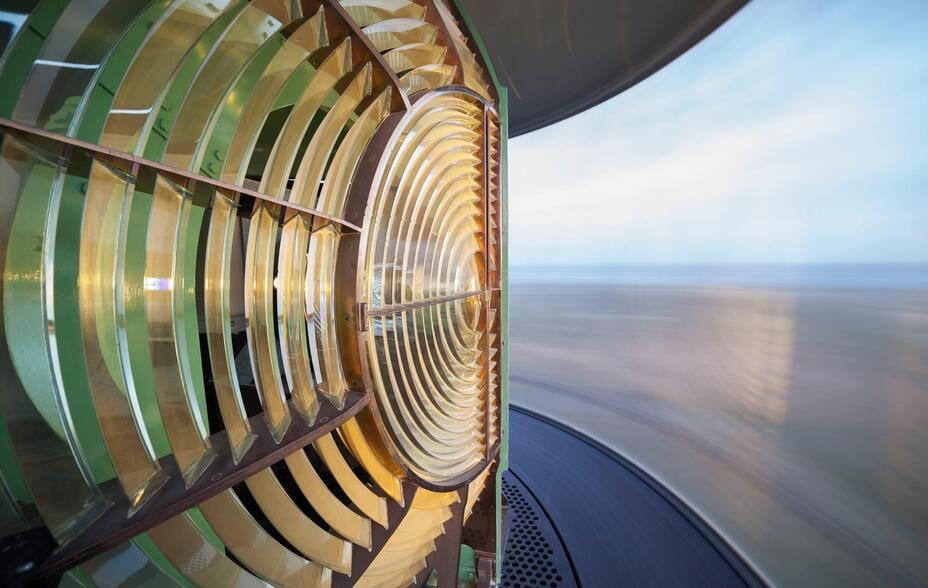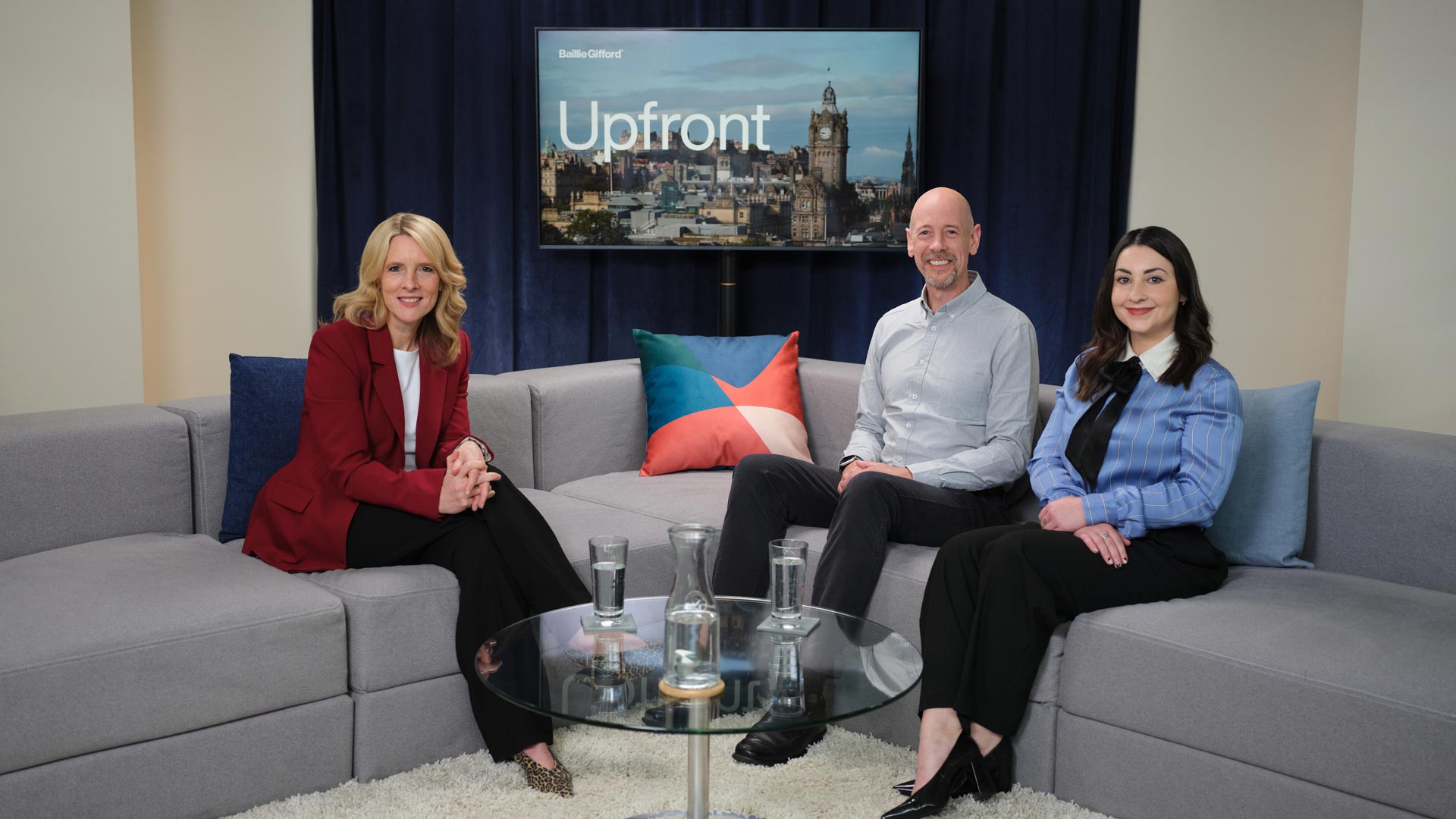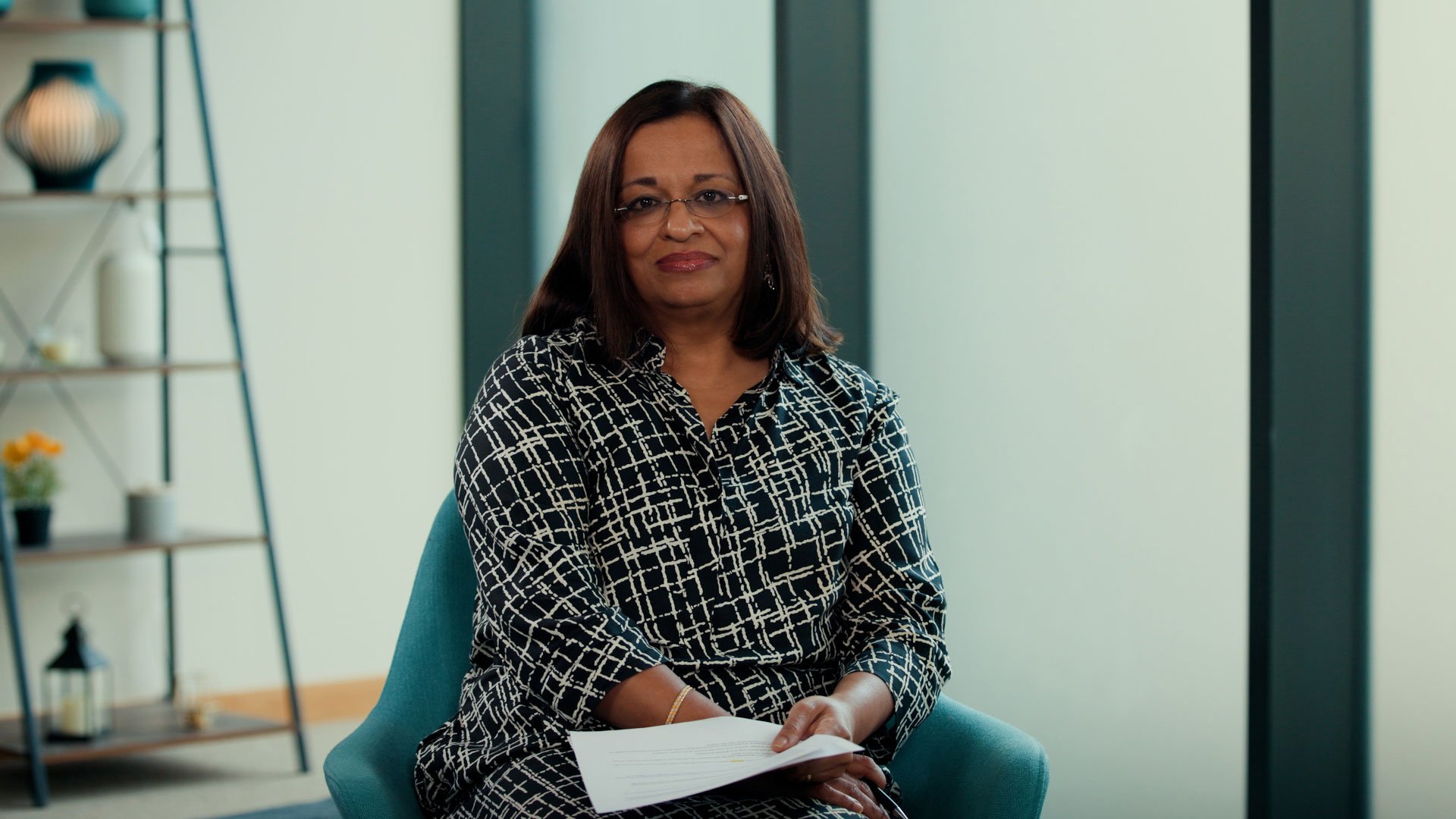Key points
- Relatively unchanged global equity markets over the quarter mask a rise in volatility
- SAINTS‘ investment team has been out and about in the US and elsewhere, scouting for new long-term compounders
- Derivatives exchange CME Group exemplifies the undervalued companies our managers are looking for

As with any investment, your capital is at risk
Listen to this article
This audio is generated using AI
Under a deceptively calm surface, global equity markets are prone to unforeseeable convulsions.
For example, in August, all it took was weak US economic data and an interest rate decision in Japan to trigger market turmoil. In early August, the Bank of Japan told markets that interest rates were on their way to 0.5 per cent. While not a complete surprise, this was quite a departure for the central bank, which has been keeping rates negative for years.
It led to fears that the vast carry trade flows (borrowing at low cost in yen to invest in higher-yielding currencies such as the Australian dollar) were about to reverse. Cue a rapid appreciation of the yen and the largest one-day fall in Japanese equities for nearly 40 years.
Within the week, after the fastest U-turn in the history of central banking, the markets had recovered half their losses. And all their losses by the end of the month.
On the macroeconomic front, the big event this quarter was the large interest rate cut (50 basis points) by the US Federal Reserve (Fed) in September. While a cut was telegraphed well in advance, its size was a surprise.
Despite a reduction in China’s published economic data, it is clear its economy is slowing down. The real estate sector remains weak. As property is the main asset held by Chinese households, that weakness leads consumers to save more and consume less. The Chinese government, and many companies, hope that measures announced in late September can break that vicious circle. Chinese equity markets certainly celebrated, enjoying their best week since 2008.
It's not just China that’s slowing down and burying the evidence. Germany has also stopped publishing some key economic data. Its performance will drag on EU activity. A landmark report on the bloc’s competitiveness, commissioned by Mario Draghi in September and recommending reforms, was politely acknowledged but is unlikely to be put into action.
In summary, quite a lot has happened over the past three months, but you couldn’t tell by looking at global equity markets.
Marketplace move
We purchased one new stock for the portfolio this quarter: CME Group. Founded in 1898, CME is the world’s largest marketplace for derivatives. The numbers boggle the mind: the notional value of the contracts traded on its four exchanges is more than $1 quadrillion, or about 40 times the size of the US economy.
These contracts offer clients the opportunity to hedge or speculate on a very wide range of products. For example, farmers use it to sell lean hogs in three months’ time at a price agreed today. Banks use it to protect against changes in interest rates and utilities use it to hedge the risk of a cold snap in the future. CME’s Globex platform matches buyers with sellers and its clearing house business reduces risk for both, with CME as the counterparty to every trade.
We’ve known about this company for some time, so why buy now? Because the valuation multiple paid on the company has gone down this year as people worried about the impact of lower interest rates and a potential new competitor, FMX, gaining share. After more due diligence, we believe that both these threats may not be as high as perceived, which offers us a good opportunity to buy into a great business at an attractive valuation.
Kicking tyres on the road
This quarter, the SAINTS investment team has been on the road to attend investment conferences, meet existing holdings and hunt for new long-term compounders.
On-the-ground research is an opportunity to kick the tyres, literally what one of our managers did on a ‘sightseeing’ weekend in September in the US. Tractor Supply is the largest rural lifestyle retailer in America, selling a wide range of products: pet food, dog pyjamas, live chicks (11 million a year!) and yes, tyres.
Despite having met its management in New York in June and the site visit in September, Tractor Supply did not make it into the portfolio: it is a great business, but it is valued as such, limiting the expected return. Having done the due diligence, we’ll be ready to act whenever, as inevitably happens, the market allows us to buy at a better price.

What never ceases to amaze us is the access and time we get with these companies, considering we are only a small potential or actual shareholder. SAINTS’ reputation as a patient investor goes a long way.
On that same trip, we spent a morning with the US subsidiary of the CAR group, our Sydney-listed car-selling platform company. Its US business is dedicated to non-car vehicles such as recreational vehicles, quad bikes or snowmobiles. Management teams grant us the time because they know we are patient investors, not traders, and they value the fact that we ask questions about the next decade rather than the next quarter.
Another manager was also in the US and saw, among others, three payroll companies in three different states. That allows for meaningful, in-depth conversations away from the Wall Street noise.
Most company information today is widely available and spreads quickly, making the pursuit of new insights increasingly challenging. Our research trips can feel like sifting through rivers of information in search of golden insights that will support our analysis. Time-consuming and labour-intensive it may be, but it’s essential to gaining conviction and forming a differentiated view.
Staying prepared
Global economic activity is slowing down and geopolitical tensions remain but a decisive shift by the US Federal Reserve and some stimulus in China should provide support in the coming months. What isn’t slowing down is SAINTS’ research engine. Our overseas trips this quarter have brought up interesting ideas the team is now working on.
Broadly flat global equity markets in the quarter mask what has been a volatile period. We believe that maintaining a well-diversified portfolio of resilient companies remains critical in a more volatile macro and market environment.
| 2020 | 2021 | 2022 | 2023 | 2024 | |
| The Scottish American Investment Company P.L.C. (SAINTS) | 8.7 | 16.3 | -7.2 | 12.8 | 6.5 |
| Net Asset Value* | 7.9 | 19.7 | 4.5 | 7.3 | 11.4 |
| FTSE All-World Index | 5.7 | 22.7 | -3.6 | 11.1 | 20.2 |
Source: Morningstar, share price, total return. *Net asset value per share, including income with debt at fair value
| 2020 | 2021 | 2022 | 2023 | 2024 | |
| Dividend Per Share (p) | 12.00 | 12.125 | 13.20 | 13.92 | 14.35 |
| Year on Year Change (%) | 2.6 | 1.0 | 8.9 | 5.5 | 3.1 |
Source: Baillie Gifford & Co. Total dividend per ordinary share. Pence per share.
Past performance is not a guide to future returns.
Source: London Stock Exchange Group plc and its group undertakings (collectively, the “LSE Group”). © LSE Group 2023. FTSE Russell is a trading name of certain of the LSE Group companies. “FTSE®” “Russell®”, “FTSE Russell ®, is/are a trade mark(s) of the relevant LSE Group companies and is/are used by any other LSE Group company under license. All rights in the FTSE Russell indexes or data vest in the relevant LSE Group company which owns the index or the data. Neither LSE Group nor its licensors accept any liability for any errors or omissions in the indexes or data and no party may rely on any indexes or data contained in this communication. No further distribution of data from the LSE Group is permitted without the relevant LSE Group company’s express written consent. The LSE Group does not promote, sponsor or endorse the content of this communication.”
The value of the trust's shares and any income from them can fall as well as rise. Past performance is not a guide to future returns.
This communication was produced and approved in December 2024 and has not been updated subsequently. It represents views held at the time of recording and may not reflect current thinking.
This communication should not be considered as advice or a recommendation to buy, sell or hold a particular investment. This communication contains information on investments which does not constitute independent investment research. Accordingly, it is not subject to the protections afforded to independent research and Baillie Gifford and its staff may have dealt in the investments concerned.
The investment trusts managed by Baillie Gifford & Co Limited are listed UK companies and are not authorised or regulated by the Financial Conduct Authority. The value of their shares, and any income from them, can fall as well as rise and investors may not get back the amount invested.
Baillie Gifford & Co and Baillie Gifford & Co Limited is authorised and regulated by the Financial Conduct Authority (FCA).
The specific risks associated with the Trust include:
- SAINTS invests in overseas securities. Changes in the rates of exchange may also cause the value of your investment (and any income it may pay) to go down or up.
- The Trust invests in emerging markets where difficulties in dealing, settlement and custody could arise, resulting in a negative impact on the value of your investment.
- Market values for securities which have become difficult to trade may not be readily available and there can be no assurance that any value assigned to such securities will accurately reflect the price the Trust might receive upon their sale.
- The Trust can make use of derivatives which may impact on its performance.
- Share prices may either be below (at a discount) or above (at a premium) the net asset value (NAV). The Company may issue new shares when the price is at a premium which may reduce the share price. Shares bought at a premium may have a greater risk of loss than those bought at a discount.
Further details of the risks associated with investing in the Trust, including a Key Information Document and how charges are applied, can be found in the Trust specific pages at www.bailliegifford.com, or by calling Baillie Gifford on 0800 917 2113.
124627 10051106




